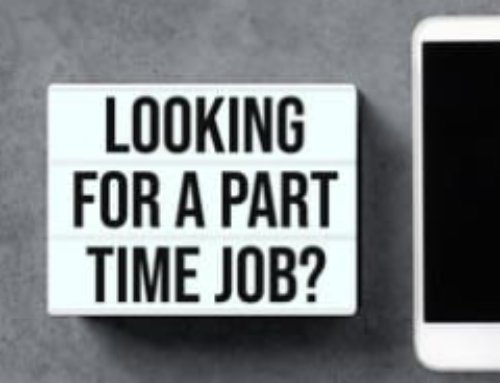Dear Sam: I just read in your column about how cover letters are still important. My sons are looking for jobs and have been most of the summer. Most of the jobs they’ve been applying for have been via online applications, and there is no place for cover letters. These businesses didn’t even have a place for uploading resumes on their application sites, either, so a cover letter couldn’t be “snuck in there” with the resume. How would you suggest my sons handle this? – Worried Mom
Dear Worried Mom: Great question! I literally just got off of the phone with someone asking the same question. The conversation went like this:
Caller: “I have never had a cover letter. It seems that no one reads the cover letter, or even cares about it, so I have never bothered to send one. Do I really need one?”
Me: “Well, you are partly correct. A survey by the Society for Human Resource Management suggested that 50% of hiring managers disregard the cover letter so they do indeed essentially trash it (sorry!). But, having said that, the other half of your audience scours the cover letter from top to bottom. So, when sending a resume without a cover letter, you are really not playing to your advantage. Those who will read the cover letter are going to extend the screening process to read more about your journey. The cover letter provides more of a narrative opportunity to present your candidacy and to perhaps explain select aspects of your experience and skills that necessitate further review. It is really imperative that your resume be accompanied by a cover letter when conducting a professional search.”
Now, when your sons are applying online and there is no place to upload a cover letter, they can either sneak it in there, as you suggested, by piggybacking it to the resume, or simply realize that in that one case everyone will be “even” as no one will be allowed to send their cover letter. But this doesn’t mean that they could not take the customized cover letter along to the interview where it could add additional value before, during, or after their interview. I hope this helps explain a cover letter’s role and alleviates your worry.
Dear Sam: Due to downsizing, I have recently found myself back in the market searching for a job. I have not had issues getting my resume noticed in the past. I have more than seven years’ experience in outside sales and have my resume organized in chronological order. Do you think I would get noticed by choice employers more quickly if I used a functional resume format as opposed to a chronological format? – Lauren
Dear Lauren: Probably not. In fact, functional resumes are rarely as effective because they leave the reader wondering what you did when and where. Functional formats should be resorted to only in situations where you have no chance of getting past the screening process if you use the traditional, and much more widely accepted, reverse chronological format. These situations could include frequent job hops, limited related experience, large employment gaps, and more. You can certainly pull out some career highlights and organize those by functional area, creating a combination or hybrid format, but be sure to note where each was achieved. Your qualifications summary should serve as the overview of your related and/or transferable skills and experiences; in that summary, you can pull out keywords that will focus attention on the areas you would likely highlight in a functional format. Instead of resorting to the functional format, use great content, organization, formatting, achievements, and a strong qualifications summary to grab the reader’s attention.




